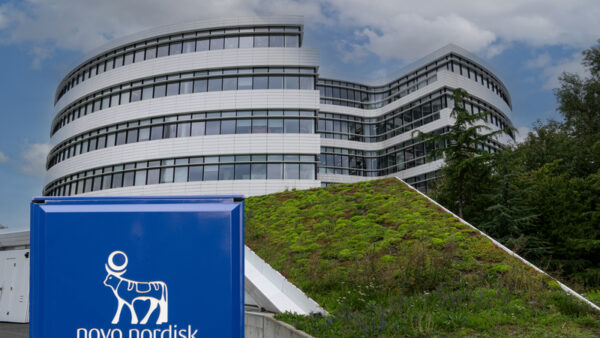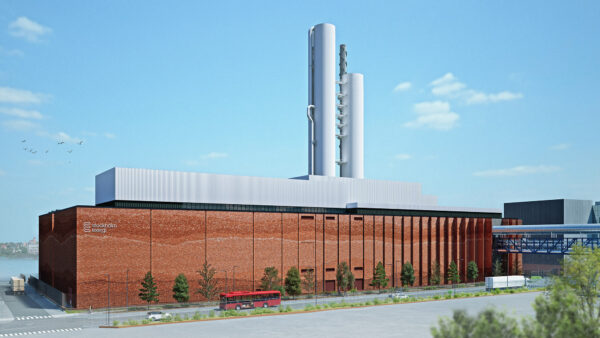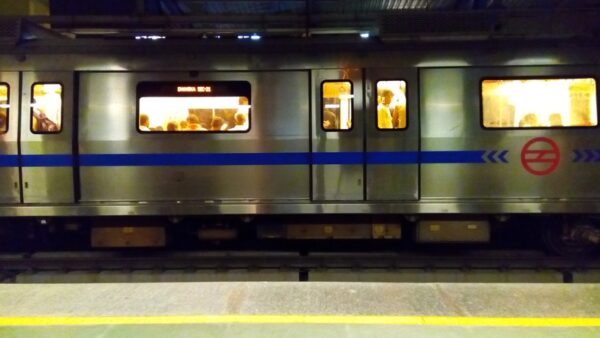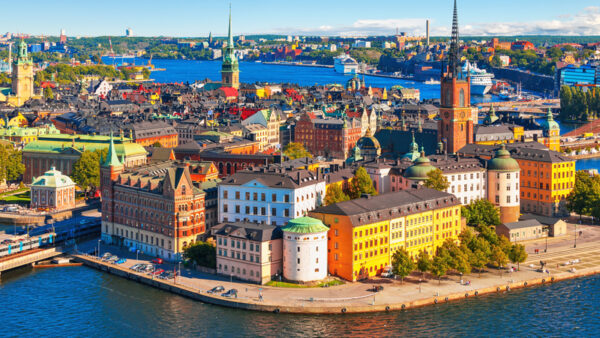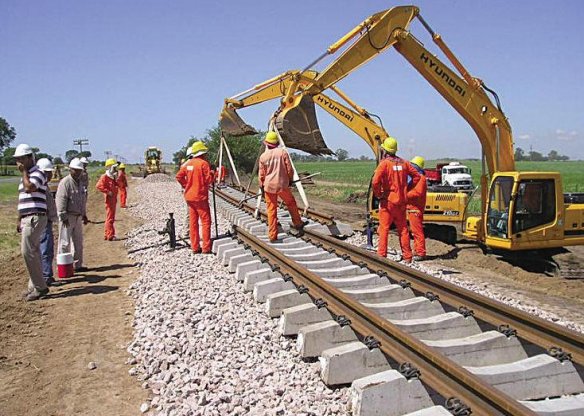
Argentine president Alberto Fernandez yesterday signed a memorandum of understanding with China’s Development Commission ahead of the South American country’s accession to the Belt and Road Initiative (BRI), the teleSUR news agency reports.
The ceremony was held on the sidelines of the Beijing winter Olympics, during President Fernandez’s three-day visit to China. He held a 40-minute meeting with Chinese president Xi Jinping, during which the two leaders agreed to cooperate in areas such as green and sustainable development, as well as the digital economy.
Santiago Cafie, Argentina’s foreign minister, said the BRI agreement would increase Argentine exports to China, and allow its companies to participate in some $24bn of infrastructure projects in the energy industry, water, sewerage, transport and housing sectors.
Last month, Chinese companies agreed a deal to finance and carry out three large-scale railway modernisation projects in the Buenos Aires area, and last year agreed a $4.7bn deal to electrify rail lines in the west and south of the country (see further reading).
Xi, who has also met with the leaders of Singapore, Poland and Pakistan, said the agreement would allow China to share development opportunities with Argentina and help it upgrade its industries.
China is a buyer of Argentine soybeans and beef. It also has a currency swap deal aimed at improving Argentina’s lack of foreign exchange reserves.
Fernandez, who will now go to Moscow for further talks, met Russian president Vladimir Putin at the games. He commented that his country could become “a door for Russia to enter Latin America in a more decisive way”, allowing it to lessen its dependence on the International Monetary Fund (IMF) and the US.
Argentina has been in a continual state of economic and political crisis since 2018, when the peso lost 20% of its value in 45 days, after which it obtained a $50bn loan from the IMF. In 2019, inflation reached 54% and the economy shrank by 2.1%.
Further reading:





